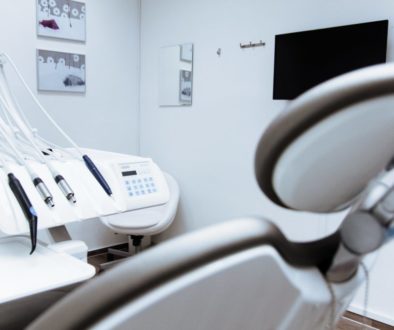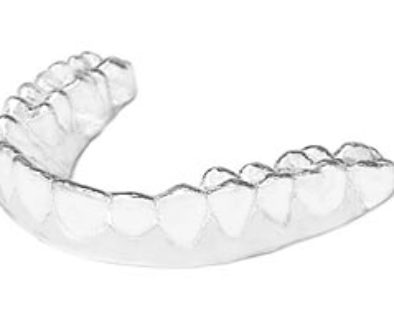Dental Anxiety
 Dental anxiety and straight up fear of the dentist is an extremely common phenomenon in the dental office. In fact, finding a person who isn’t afraid of dental treatment is quite rare. Not a day goes by that I don’t hear, “No offense, you seem like a really nice guy, but I hate coming to see you!”.
Dental anxiety and straight up fear of the dentist is an extremely common phenomenon in the dental office. In fact, finding a person who isn’t afraid of dental treatment is quite rare. Not a day goes by that I don’t hear, “No offense, you seem like a really nice guy, but I hate coming to see you!”.
The Most Common Causes of Dental Anxiety
- Big needles in your mouth
- The sound of the drill
- The expectation of pain
- Actual pain
- The feeling of being numb
- Keeping your mouth open for long periods of time
- Discomfort afterwards
- Having to pay for someone to hurt you!
- Being a redhead (for real!). Studies have proven that redheads have an increased sensation of pain and more anxiety associated with it.
What You and Your Dentist Can Do To Improve Your Dental Experience
- Find a dentist you feel comfortable with and who treats you well.
- Get a good night’s sleep before your appointment. If you’ve got to take something to help you sleep, then go ahead and do that. Sleep makes a big difference in your perception of pain as well as anxiety levels.
- Take ibuprofen before you go to the dentist. This helps reduce any discomfort after the procedure is over, especially for extractions.
- Eat a good meal beforehand so you don’t have to eat while numb. It’s no fun to bite yourself while numb.
- Make sure your dentist uses topical anesthetic before giving you the injection. This won’t make it entirely painless but can help quite a bit.
- Try to relax your muscles before the injection. Tense muscles make it hurt more!
- Bring headphones (even better if they’re noise cancelling). Most dentists don’t mind if your wear them during treatment, especially if it makes you more comfortable.
- If you have jaw problems or trouble staying open, ask them to use a mouth prop to help you keep your mouth open. Most dentist’s have these handy.
- Open wide, relax your muscles, try to keep your tongue down, and stay still during the procedure. Your dentist can likely work at least twice as fast and do better work at the same time. The less time in the dentist’s chair the better!
- Close your eyes during the procedure.
- Practice relaxation techniques before your dental visit that include deep breathing and imagining that you are somewhere else. These techniques can actually reduce your sensation of pain and decrease your anxiety level.
Sedation During Dental Treatment
If the previous techniques can’t get you through a dental visit it is time to look at sedation.
- Nitrous oxide, also known as laughing gas. This is the most common form of sedation used in a dental office. It doesn’t put you to sleep but does wonders for reducing your anxiety and decreasing your sensation of pain. It is also the safest form of sedation out there. The only time laughing gas can’t be used is if you are pregnant as there are concerns that it can cause an increased rate of miscarriage.
- Oral medication for anxiety – Typically a dentist will prescribe a benzodiazepine such as Halcion, Xanax, or Valium depending on how long they need it to work for. Occasionally this will be combined with laughing gas for a stronger effect. You need a driver to take you to and from the dental office if you take one of these medications. You also can’t take this medications if you are pregnant.
- IV sedation – Typically you won’t be put all the way under, but far enough that you don’t care about what is going on. The medications used generally cause you to have amnesia about the procedure. IV sedation is usually reserved for very difficult procedures or for people with severe anxiety. This level of sedation can be dangerous and you should consider if the risks are worth it for you.
- General anesthesia – This is the absolute deepest form of sedation (and also the most dangerous). Most general dentist’s won’t administer this level of sedation in the office as it can be very dangerous. Dentist’s who do offer this usually have an anesthesiologist or nurse anesthetist who administers and monitors it for safety. Oral surgeons usually offer this level of sedation as they have significant training in anesthesia.



